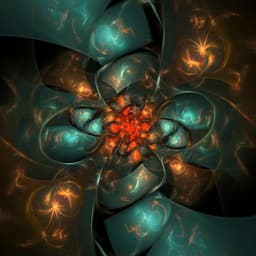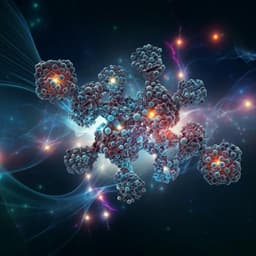
Engineering and Technology
Disordered enthalpy-entropy descriptor for high-entropy ceramics discovery
S. Divilov, H. Eckert, et al.
Unlock the potential of high-entropy ceramics in extreme environments! This innovative research introduces the disordered enthalpy-entropy descriptor (DEED), paving the way for the discovery of new multicomponent ceramics. Conducted by a team of experts including Simon Divilov and Hagen Eckert, this work showcases a new approach that balances entropic gains with enthalpic costs, promising exciting experimental investigations in materials science.
Playback language: English
Related Publications
Explore these studies to deepen your understanding of the subject.







